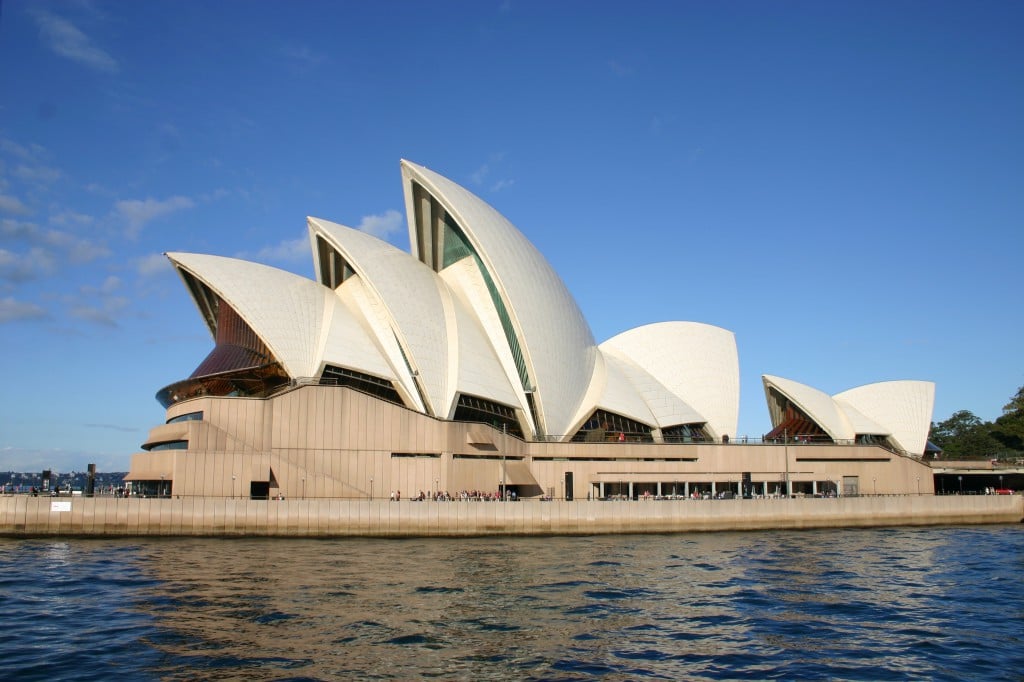The new Australian Government promises nearly AUD 1 billion in investments to Medicare and general practices as part of a number of policy commitments to healthcare and aged care initiatives.
On 21 May 2022, Australia elected a new federal government, the Australian Labor Party. As part of its campaign, the newly elected Federal Government committed to a number of healthcare and aged care policy initiatives with a strong focus on improving quality and access to primary care.
On 24 June 2022, China’s National People’s Congress approved far reaching amendments to China’s Anti-Monopoly Law which will become effective from 1 August 2022 (“AML Amendments”).
Alongside the AML Amendments, China’s competition regulator has published revised draft guidelines on a wide range of topics for public consultation. This reform package will have significant consequences for the future of merger control and antitrust enforcement in China.
Baker McKenzie is delighted to invite you to join us on 21 July 2022 for a webinar via Zoom, where our Baker McKenzie antitrust and competition specialists in Beijing and Hong Kong will provide you with a concise briefing on key considerations with respect to these reforms and practical implications for your business.
On 23 March 2022, China’s National Development and Reform Committee and National Energy Administration released a plan on the development of hydrogen energy for 2021-20351 (“Plan”). As the first national-level industry plan for hydrogen development, the Plan recognizes hydrogen as a major component of China’s future national energy system, an important carrier for realizing green- and low-carbon transition to the net-zero economy, and a key direction of China’s strategic emerging industries.
In recent years, a considerable number of examples of successfully monetized smart city businesses have emerged, particularly in Europe and the US. In Japan, however, very few examples of monetized, sustainable smart city businesses exist. The failure to find a business model that can be monetized would be a major problem for both companies and local governments.
In order to help tackle this issue, Baker McKenzie (Gaikokuho Joint Enterprise) lawyers Yaeko Hodaka and Keisuke Misuda, together with the World Economic Forum (WEF), prepared a video titled “Smart City Business Models: Factors Hindering Sustainable Commercialization and How They Can Be Overcome.”
Until recently, there was no clear deadline for the registration obligation imposed on offshore or foreign private electronic system operators (ESOs) under Minister of Communication and Informatics (MOCI) Regulation No. 5 of 2020 on Private Electronic System Operators, as lastly amended by MOCI Regulation No. 10 of 2021 (“MOCI Regulation 5”).
When MOCI Regulation 5 was first enacted, there was a six-month transitional period for private ESOs to conduct ESO Registration after the regulation became effective on 24 November 2020. However, in practice, the Indonesian Online Single Submission (OSS) system was not yet able to accommodate registration applications by offshore private ESOs. As a result, the timeline for ESO Registration was further extended to become six months after the OSS system became effective.
On 22 June 2022, the MOCI held a press conference to announce that the six-month period was counted from 21 January 2022 (deemed as the date on which the OSS system became effective), and that therefore the deadline for ESO Registration would be 20 July 2022.
In 2008, Hong Kong’s Court of Final Appeal issued a landmark judgment in Koon Wing Yee v Insider Dealing Tribunal deciding that if a regulator is seeking a financial penalty, the individual or company being investigated is, for human rights purposes, facing a criminal charge and entitled to fundamental Bill of Rights protections.
Hong Kong’s competition law was being drafted at the time. The enforcement framework and law were fundamentally rewritten because of Koon. The Administration said that appropriate criminal safeguards, including fair trial, protection against self-incrimination and standard of proof beyond reasonable doubt, must be in place both during investigation and trial to meet the requirements of the Hong Kong Bill of Rights. In 2019, in the first case to come to trial, Hong Kong’s Competition Tribunal agreed.
As global and regional integration increases, multinational companies ought to navigate numerous custom-related complexities and challenges imposed by relevant authorities in any jurisdiction. This webinar series provide an in-depth coverage of legal frameworks, practical issues and key trends and developments surrounding customs audits in select Asia Pacific jurisdictions.
Customers and investors are increasingly interested in the ESG initiatives of companies before making a purchase or investment decision. This is the case in Thailand, where we are seeing more companies announce sustainability initiatives, causing government authorities to supportively respond to these efforts. In this two-part article, we will first focus on the sustainability trends in Thailand and the role of Thailand’s Board of Investment with examples of current incentive schemes and privileges that facilitate sustainability-related activities.
In our previous article, we discussed international human rights due diligence (HRDD) trends, essential element in the “S” of the ESG (environment, social and governance) movement. In this article, we will take a closer look at HRDD trends in Thailand and what the implications might be for business operators in Thailand.
Following the public consultation held in late 2021 on proposed changes to the Malaysian Communications and Multimedia Content Code (“Content Code”), the Communications and Multimedia Content Forum of Malaysia has now issued the revamped version of the Content Code effective from 30 May 2022.



